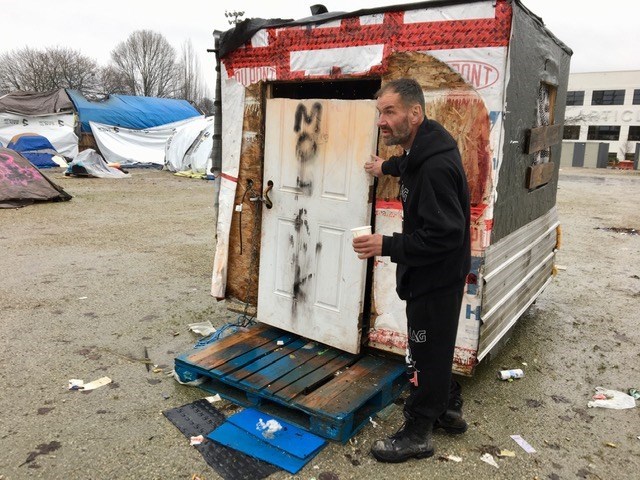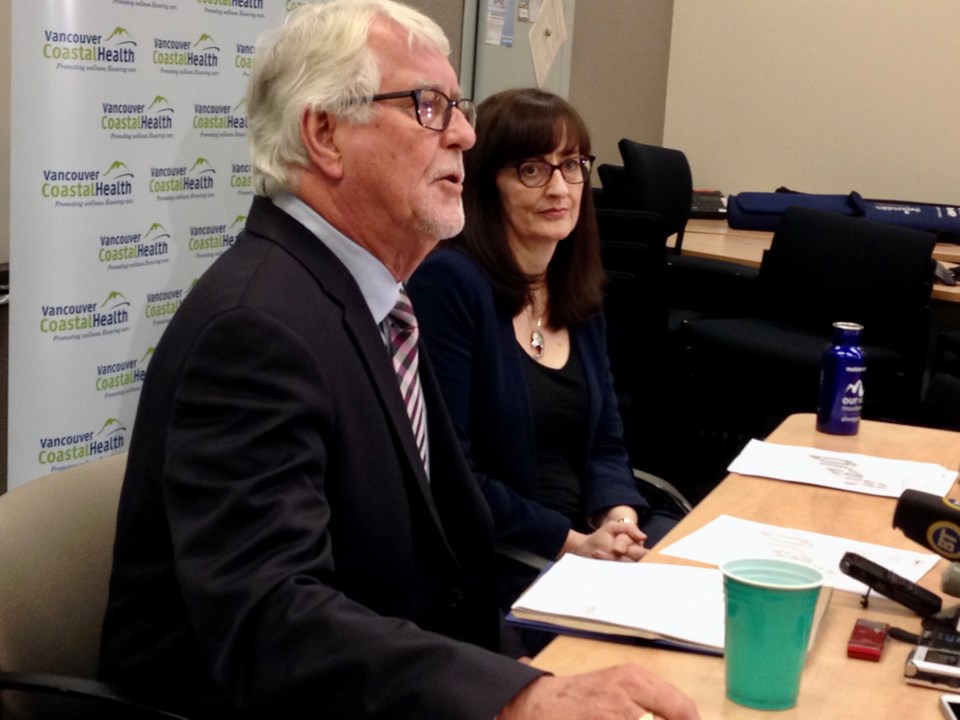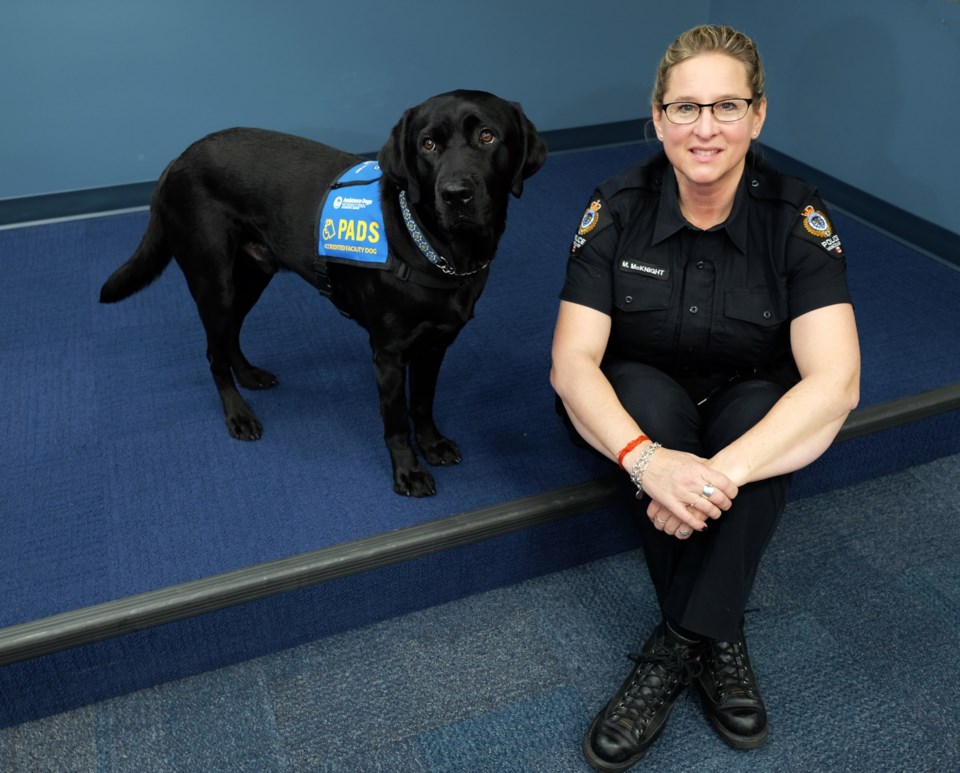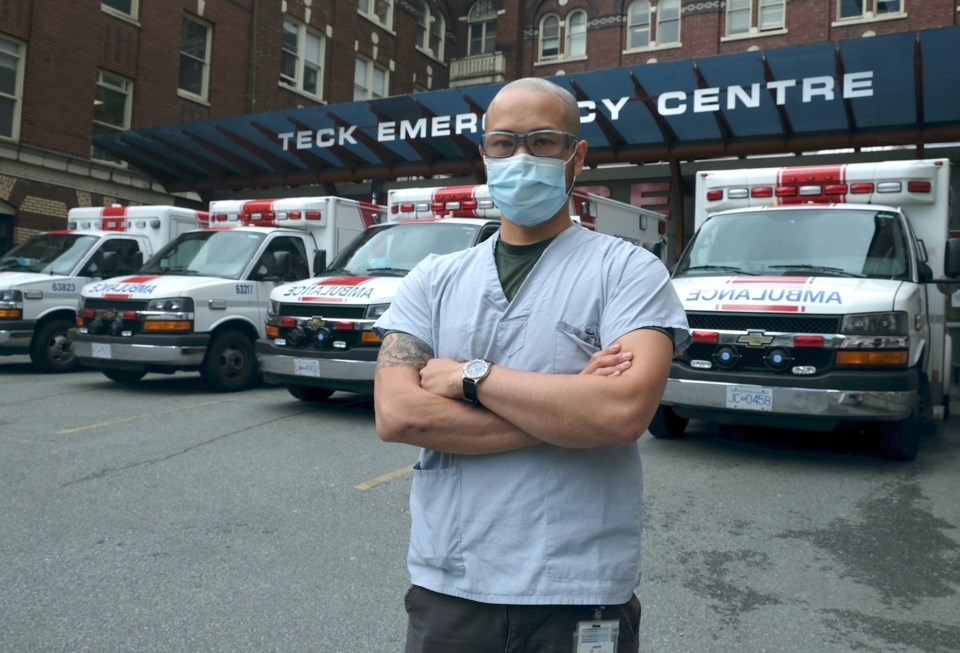What a long, strange, emotional year we’ve had.
Which is the sentence I used to begin my last column of 2020.
Seemed appropriate to use it again this year.
I won’t elaborate on why 2021 was long, strange or emotional — or unprecedented, or heartbreaking, or devastating, or humbling — because we all know the details and our brains have done enough negative processing for another year.
Instead, as I did last year at this time, I reviewed some of the non-city hall stories I wrote over the past 12 months to show you (in quotes) rather than tell you what kind of year it’s been for some folks living, working and surviving in Vancouver.
If it’s memorable quotes from Mayor Kennedy Stewart and the 10 councillors you’re looking for, you can read those here.
This is my last column of the year. So thanks for reading and we’ll see you in 2022.
To the quotes…
Living with autism
“I’m super excited and I really want the story to get out that this can be done, and that it’s not scary or a really big deal in some ways — just more ordinary.” — Maura Chestnutt, vice-president of strategic initiatives at Catalyst Community Developments Society, on designating 16 suites in a rental housing building at Sixth Avenue and Main Street for people living with autism and other developmental disabilities.
“We’ve been talking around the leadership table that it wasn’t if, but it was when we would have a [COVID-19] case that was on our reserve. Well, that day has come.” — Musqueam Chief Wayne Sparrow on two parents and an adult daughter from same family testing positive for the coronavirus in January.

Strathcona Park
“I’m better off down here. I think the solution is — and I think the residents would agree with me — is that we need suitable housing for everybody, not SROs, not hotels, but places that people can actually call home.” — Doug Ehret, 55, an unemployed pipe insulation installer, on living in a converted utility trailer at the Strathcona Park homeless encampment.
“I can be very honest with you, we don’t know exactly how the virus entered this facility, and we may not get that information looking back. Even the very first outbreak at Lynn Valley [care home in North Vancouver], we never determined exactly how the virus got into that facility. So it may not be possible.” — Dr. Patricia Daly, chief medical health for Vancouver Coastal Health, on the death of 41 residents at Little Mountain Place long-term care home.
“People are hurting and it's not necessarily the people who are living in poverty. Yes, there are people on social assistance asking for help. But it's the people who are middle income and higher who are really asking for help.” — Kellie Carroll, executive director of the Network of Inner City Community Services Society’s, on the demand for financial assistance from the Vancouver Rent Bank.

Overdose deaths
“Politicians need to stop temporizing around addressing the criminalization and the prohibition regime. They need to stop being scared of looking at a sensible regulatory regime. We need to increase access to a safer supply. And I think we also need to really broaden access to a whole range of interventions to people.” — Former provincial health officer Dr. Perry Kendall on the fifth anniversary of him calling a public health emergency in response to overdose deaths in B.C.
“You keep hitting a new routine, a new normal and hit some equilibrium, but then it gets disrupted again. You’ve been asking people to go at 110 per cent for the better part of the year, in terms of COVID, and the better part of five years with the drug toxicity crisis. I work with a very resilient and very compassionate group of people. But the well runs dry eventually — or it gets drier.” — Moses Li, an emergency room nurse at St. Paul’s Hospital, on the toll working two crises is having on health care workers.
“I really appreciate my life. I was born in 1949. The [Second World] war was already over. So I didn’t have to go through these kinds of difficulties like other people. My two kids and my grandson have all grown healthy, and have no bad habits. It’s a blessing.” — Eleanor Osman, a volunteer at the Villa Cathay long-term care home in Strathcona, where she spends time with a 97-year-old tenant living with Alzheimer’s.
“How can anybody look you in the eye and tell you that what’s happening down there is a good idea? Not only is it not good for the people of the city as a whole, it’s not even good for the people that they’re trying to protect down there. It’s the worst place they could possibly be.” —Jon Stovell, president and CEO of Reliance Properties, on the state of the Downtown Eastside.
Chinatown
“People are coming in who haven’t been to Chinatown for years and years and say it’s really good to see young blood in Chinatown and invested in Chinatown. It’s really good to hear those encouraging words. I really take those words to heart.” — William Liu, 32, of Kam Wai Dim Sum on East Pender Street on taking over the family business.
“How do you say — this brings a tear to my eye? My mural is broken. I’m very sad. My heart is hurt.” — Artist Shu Ren (Arthur) Cheng, 79, on his “snapshots of history” mural at Columbia and East Pender streets being vandalized with red paint, which appeared to depict bullet wounds on Chinese pioneers featured on his art.
“I am thinking about my mom and how to get her in — it is the only thing that I am thinking about. But otherwise, I am very happy, especially for the future of my kids.” — An Afghanistan man, who didn’t want his name published, on fleeing Kabul from the Taliban and relocating in Metro Vancouver.

“He said it allowed him to be more emotional. He had a tear in his eye as he talked about one of the suicides he was dealing with and just how traumatic it was, and how sad it was because it was a youth, and how it really impacted him.” — Vancouver police Const. Michele McKnight of the VPD’s employee wellness unit on the calming presence her Labrador-golden retriever mix named Zen has on officers who have experienced a traumatic event on the job.
@Howellings




